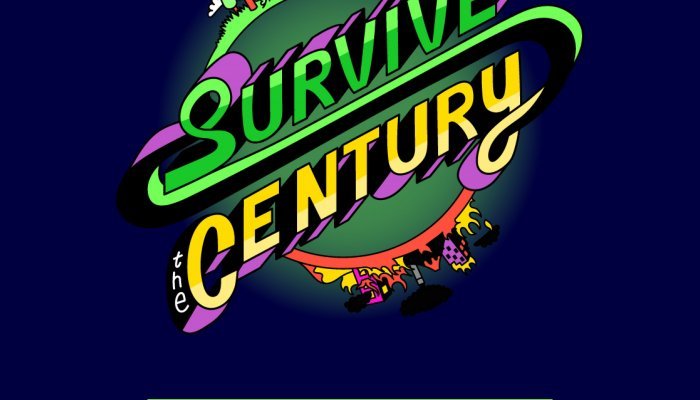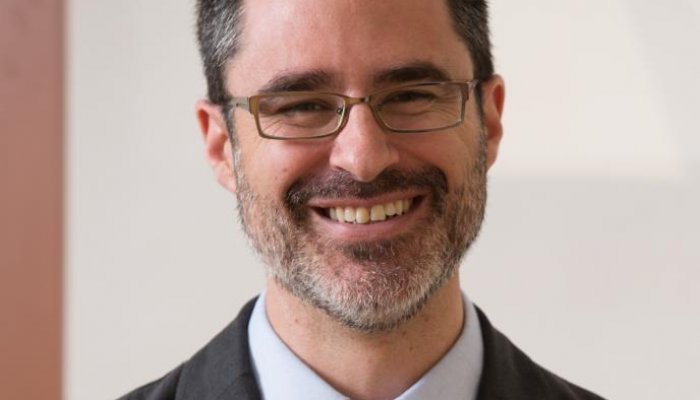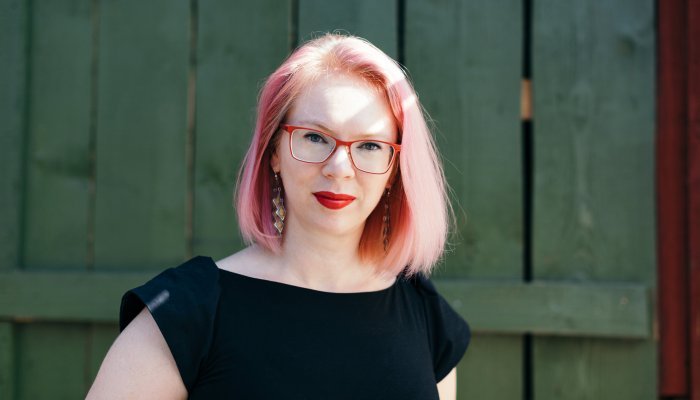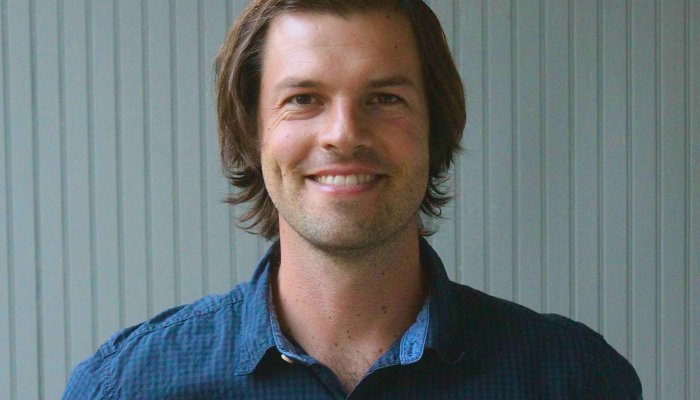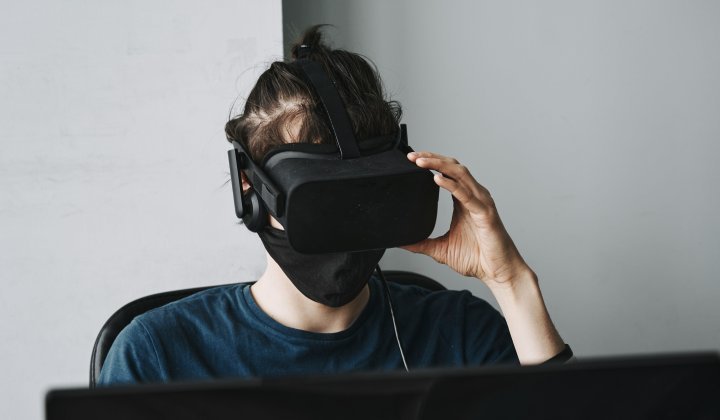Survive the Century is a branching narrative, climate fiction game about the political, environmental and social choices humans will face between 2021 and 2100 as we adapt to the ravages of climate change. While the game is a work of fiction, it is informed by real science.
Sam Beckbessinger, best-selling author of Manage Your Money Like a F*cking Grownup, and co-creator of Survive the Century (along with renowned climate scientists, Christopher Trisos and Simon Nicholson), says the game aims to show players that there are steps they can take to mitigate global heating and ensure an equitable, green future.
“A lot of the time, when I talk about the climate emergency, especially when I talk to young people – Gen Zs – I encounter a lot of climate nihilism, in the sense of ‘it's over; we’re buggered’. What's been really fun about making this game and this whole project is realising that the future is not set, and we don't know exactly what's going to happen,” she says. “Yes, the models tell us things about the climate, but they don't tell us anything about human choices. There's still a huge range of outcomes based on what we do in the next 10 years. And even after that, even once climate impacts are locked in. There are still a lot of choices about how society responds to that, economically, how we respond politically.”
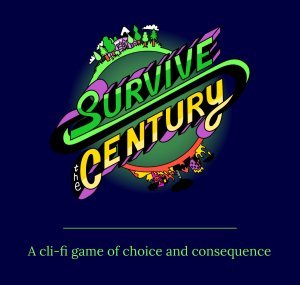
How the game works
You – the player – are cast as the editor of a popular and powerful newspaper. You select headlines that influence public opinion and political responses to climate change. Your choices shape the future. The aim is to survive the century. You can track how you’re doing as you go, from global temperature to conflict and economic performance. As you progress, you’re able to read the “news” – the results of your decisions. This includes short fiction by celebrated authors from around the world, including Lauren Beukes, Rajat Chaudhuri, Maria Turtschaninoff and Sophia Al-Maria.
“The game explores everything from eco-fascist timelines to socialist utopian timelines,” Beckbessinger says. “We've had 20 scientists give input. Our list of contributors gets longer every day.”
The origin story
The game's genesis was a climate change workshop two years ago, hosted by the National Socio-Environmental Synthesis Center of the University of Maryland.
“The aim was to put climate scientists in a room with people who aren’t climate scientists because a lot of the time they get a bit insular and ‘jargon-y’, but it’s such important information to communicate outside of academia,” she says. “They brought in a bunch of fiction writers, which is how I nosed my way in, but we also had scientists from various disciplines – economists, anthropologists, public health specialists. We spent two days with loads of Post-it notes, thinking about different futures and the big inflection decisions that might switch them one way or the other. And then we had a role-playing game, a bit like Dungeons and Dragons. The facilitators would bring in surprise events, and we’d talk about how that might throw us off course, all based on real science and things we think are likely to happen. So, for example, what happens when the coral reefs die, and that leads to a collapse in fishing stocks in the tropics, and all of a sudden, millions of people's primary food sources are disrupted?”
And so, the idea for the game was born. Beckbessinger mocked up the initial version on Twine – an open-source tool for telling interactive, nonlinear stories and useful for creating decision trees. Five major storylines were identified as a starting point, and the game was built from there.
The next step was to find additional funding for the project and then look at the platforms for publishing the game. Beckbessinger hopes it will take several forms. While it’s initially been available as a website (optimised for mobile use, too), she hopes that a print version – a book – will follow. To produce the game online and as a book, she contacted Arthur Attwell, a friend and the co-founder and managing director of Electric Book Works.
“I knew that Electric Book Works would be the perfect platform for the game,” she says. “Not only is it robust and easy to work with (and easy to update), but it also allows all of the crazy multi-dimensional layers.”
Attwell is a respected thought leader in publishing innovation and technology. “I've wanted to work on a branching narrative work like this for the longest time because the tech we use allows us to produce web versions of books and print versions of books all from the same source and branching narrative works (inspired by the Choose-Your-Own-Adventure™ series) are such a great example of that,” he says. “Essentially, every little mini-chapter can be linked to any other or many chapters and form this kind of network of stories.”
Future focus
Beckbessinger believes that Survive the Century has potential applications in university settings, as well as for activist organisations. She also has some ideas about how to build game elements into the physical book.
One of the challenges will be updating the game as required. “When we first wrote this game, which feels like five minutes ago, it was October 2020. And the first choice you had to make was about a vaccine for Covid-19 being discovered and who should get the vaccine first. And between then and us going live in May, the world had already made those choices,” she says.
The game was conceived before Covid-19, and the world has changed since then. “That was really the challenge about thinking about what the future is,” she says. “There will always be these black swan events that can change the world in ways that we can't anticipate. That was why rather than just telling a single narrative about the future, which is what climate change projects often do, it felt important to describe a range of potential futures.”
Attwell says that as someone who has played the game many times, while there’s an immense sense of satisfaction when you do survive the century and you get to the end, the real satisfaction comes from replaying it and discovering there was a different way to survive the century.
Fresh approaches
“So much of the most exciting long-form publishing in the world right now is not being done by publishers,” Attwell says. “That’s not to say that traditional publishers are not doing amazing work. But the possibilities are so interesting when organisations and people come together to make an impact because they recognise that thought leadership is about complex ideas and communicating complex ideas, and they invest time and real money in publishing and building on all the traditions of publishing, but with a completely fresh perspective. This is exactly what half of publishing in the world should be. There should be the traditional stuff that's beautiful and is built on thousands of years of a particular kind of book-making. But the other half needs to be this left-field total innovation. And that takes bold decision-making. It’s super brave and really exciting.”
Beckbessinger adds that the future is made and experienced by people. “What’s been visionary about the project funders and the scientists who initially coordinated this whole thing was the idea of bringing artists into the process of talking about quite a complex issue,” she says, “Climate change is often quite frightening, and it can be very technical. Bringing in creative people from the beginning and trusting us to use our tools of storytelling to connect quite abstract ideas and try to make them tangible for people was brave.”
She believes it has also been useful for the scientists, who’ve gone on to publish papers about discussions that came up in these workshops that might not have occurred to them otherwise. “I think there's real value in that interdisciplinary thinking, but I think specifically such incredible value of bringing art and science into the same room and collaborating on these difficult thorny, complex issues,” she says.



